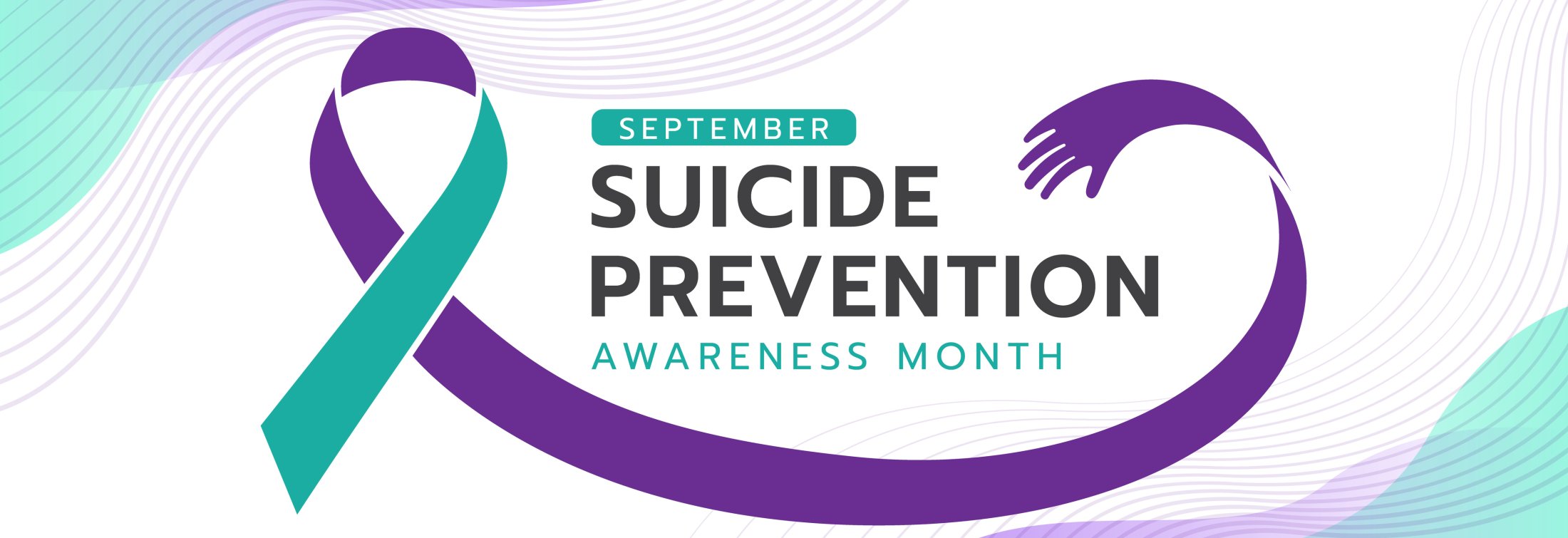Summary
- To ensure that health care professionals can access the mental health care they need, license and credentialing applications must omit questions about mental health and explicitly support the option of receiving mental health care.
A couple of years ago I took care of a colleague during his hospitalization due to a suicide attempt. I had worked closely with him during several COVID surges. Before the pandemic, I knew him as a critical thinker who always strove to do better. During the pandemic, he volunteered to care for COVID patients when we had inadequate PPE supplies, no vaccine, and no effective treatment.*
As a result of these experiences, he developed PTSD and depression. He received emergency stabilization in the hospital, and was discharged with close follow-up. Several months later he reached out during another mental health crisis, and I was grateful when he allowed me to take him to the emergency department for psychiatric care so that I didn’t have to ask the police to do so. We talked a lot while in the small, brightly lit ED pod — including about his fear that he would not be able to work again if he was found out by his licensing board to have a mental health diagnosis. He is one of many clinicians who have whispered or shouted something similar while tearful.
Physicians and other health care workers are often fearful of receiving mental health care because of the stigma of having a mental health diagnosis and of needing treatment. Both stigmas can be exacerbated by the practice, widespread among health care employers and licensing boards, of asking applicants if they’ve ever had a mental health diagnosis or sought mental health care. Evidence shows that when these questions are present on medical license applications, they deter physicians from seeking care.
As this evidence has emerged, many states have ceased this practice. But there has been less progress in removing these questions from the applications of other state licensing boards (such as nursing and pharmacy boards). In addition, these questions are often posed by employers. This common practice can have multiple consequences: health care workers may hesitate to seek mental health care, lie on their applications, or decide not to seek care at all. All of these outcomes are problematic at best and potentially life-threatening at worst.
In response to this serious problem, the Helping Healthcare Heal Coalition (convened by the Institute for Healthcare Improvement) included a nationwide cohort of volunteer physicians that provided guidance to multiple organizations and to several state medical license boards. Coalition members led efforts to revise applications in accordance with the evidence and established best practices.
Applications that are less likely to deter health care professionals from seeking mental health care do not ask about mental health at all, and instead focus on an applicant’s ability to provide safe, professional, ethical care. In the last several years, many applications have transitioned to asking applicants about impairment instead of mental health, but many applicants don't know what this means and mistakenly equate having a mental health diagnosis that does not affect their abilities with having impairment. Moreover, self-reports of impairment don’t reliably predict actual impairment (and self-reports of the absence of impairment don’t reliably predict the absence of impairment), meaning this is a largely performative question and underscoring that its inclusion should be reconsidered.
Several physicians in our coalition also successfully advocated for the revision of these applications to explicitly support applicants in receiving mental health care. For example, some applications now include the following message: “It is common for clinicians to feel overwhelmed from time to time and to seek help when appropriate. We emphasize the importance of well-being and appropriate treatment and support for all health conditions.” Recognizing that clinicians are often quite busy and that building credibility as an advocate for revising medical applications for licensure or credentialing can take some time, members of the Coalition created sharable tools to help others effect similar change. You can use these tools, too.
For health care professionals, there are many barriers to seeking mental health care, including time constraints, stigma, cost, navigating insurance, and fear of professional repercussions. One of the more easily overcome barriers is revising our license and credentialing applications to omit questions about mental health and to explicitly support the option of receiving mental health care.
My colleague who was having a mental health crisis was able to get the care he wanted, needed, and deserved — and that everyone deserves. He did this despite his fear of losing his license, demonstrating a great deal of bravery. I admire his strength and perseverance, and am relieved that he is doing well and still practicing. I hope we will soon get to a place where no one again considers the implications for their career when considering getting mental health care, and I believe we will arrive at that place sooner if more of us get involved with these efforts. I hope you will get involved today.
Next steps:
- Access the toolkit.
- Contact your organization’s chief of staff or credentialing committee chair and ask that the organization’s application be reviewed to ensure that it doesn’t ask about mental health care and that it does explicitly encourage people to seek care when needed.
- Contact your state medical board and request the same.
* Identifying details have been changed to protect privacy.
Eileen Barrett, MD, MPH is the President-Elect, American Medical Women's Association and is Senior Medical Director and VP, Quality, at Workit Health. Dr. Barrett previously served as a member of IHI’s faculty and facilitated the Leadership Alliance Help Healthcare Heal Coalition.
Photo by ananaline
